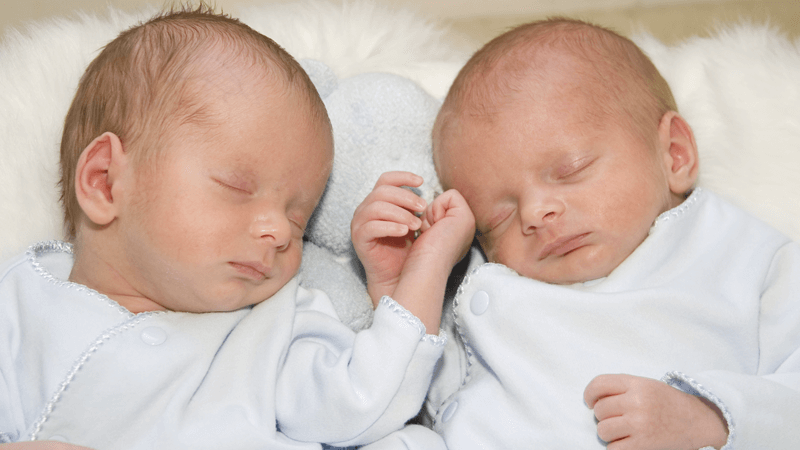Twins believed to be the UK’s smallest ever surviving babies are now seven months old.
Born at 23 weeks, Joe and Ashley Keates weighed less than one pound and were each as small as their mother’s hand.
After more than four months in intensive care, they are now at home with their parents.
‘Tiny’
Their mother Talia’s waters broke at 20 weeks, and she was told they had only a one per cent chance of survival.
“Ashley and Joe are my bouncing little miracles. I feel extremely lucky and very grateful”.
“They were tiny, they were probably the length of your hand and their skin was almost transparent and their eyes were still fused together”, she added.
She said, “it just goes to show what incredible fighters they are.”
23 weeks
Now seven months old, Ashley and Joe do need 24-hour oxygen to help their lungs develop, but show bright signs for the future.
Earlier this year, it was revealed that four out of ten babies born at 23 weeks are now surviving when cared for in neonatal units.
The British Association of Perinatal Medicine who carried out the research issued new guidance, saying it was based on the “most up-to-date science”.
However, it is currently legal in Great Britain to abort unborn children up to 24 weeks, or up to birth if doctors believe the baby will be born with a disability.
Northern Ireland
The UK government has recently removed protections for the unborn in Northern Ireland.
Since 22 October, there has been no legal framework in place. It is expected that new laws will be brought in by the end of March next year.
The government is considering introducing a highly permissive abortion law in the province.
Cleft Palate
The consultation on a future regulatory framework proposes to allow unrestricted abortion up to 12 or 14 weeks with no reason needed.
Abortions would also be permissible for social reasons up to 22 or 24 weeks.
Unborn babies believed to have a disability would be at risk, as the consultation considers whether or not to allow abortion up to birth for children with a ‘severe impairment’. In Great Britain, similar language has seen a cleft palate treated as grounds for abortion.

